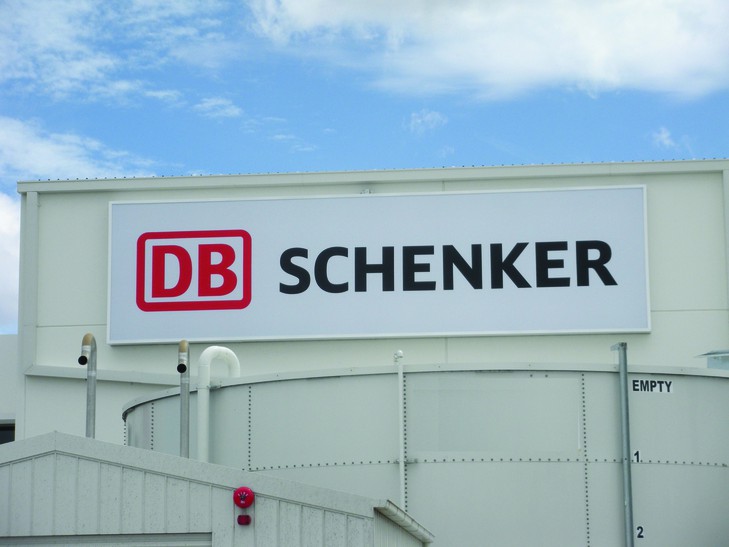Freight forwarder DHL Global Forwarding's decision to turn away airfreight business to protect profits in the first half of this year resulted in a decline in volumes.
The Bonn-headquartered forwarder recorded a 7.2% year-on-year decline in airfreight exports during the second quarter to 530,000 tonnes, while the half-year result was down by 3.6% to 1m tonnes.
Second-quarter airfreight revenues, meanwhile, increased by 3.1% against last year to €1.27bn and for the half year there was an increase of 7.3% to €2.39bn.
It said that the decline in volumes was the result of withdrawing from some major transactions in order to counteract a decrease in margins, while revenues benefited from exchange rate gains.
"Whilst the measures we implemented in the previous year to increase profitability are in fact showing success, margins are still low when compared with the historical average," it said.
Asked whether it would turn away further business in the remainder of the year, chief financial officer Larry Rosen said the decision on whether to "pass out further on loss making routes and customers" depended on market developments.
If the market improves there would be less need to "pass out" but if it worsens the need to be selective would continue.
Airfreight gross profit increased by 1.7% in the second quarter to €246m.
The overall division saw revenues increase by 5.7% in the first-half to €7.57bn. It said the majority of the increase was down to exchange rate gains of €367m.
The DHL forwarding division's earnings before interest and tax declined by more than 62% at the half year to €57m, which it put down to the cost of implementing a turnaround initiative and tough market conditions, although this was offset by the €99m generated by the sale of shares in Sinotrans.
The turnaround initiative has been divided into three parts: the first, which is complete, is to adjust organisational structures, re-empower countries, re-establish stronger accountability and re-enable staff and adjust incentives.
The second stage, which is being implemented at present, involves improving gross profit, improving cost
and service performance and developing a specific country focus.
The third stage will sharpen commercial focus, see investment in skills and capabilities through training and and the renewal of IT with a business-centric approach.
The cost of the turnaround project of €81m was more than offset by the €99m generated through the sale of the stake in Sinotrans.
Following the announcement of its first-quarter results, DHL parent Deutsche Post said it was suspending the forwarding division's transformation programme as its roll out was affecting business performance.
It reasoned that the project had been too ambitious and more attention should have been paid to the results of pilot projects.
DHL airfreight volume decline for the first-half period was the largest posted so far by the major European forwarders that publish figures, although its position as airfreight leader was unaffected as DHL is by far the largest in this sector.
In comparison, Kuehne+Nagel recorded half-year air volume growth of 5.2%, Panalpina was down at 2.1%, DB Schenker saw growth of 1.1% and DSV's half-year increase came in at 8.7%.
Source : http://www.aircargonews.net/news/forwarders/single-view/news/dhl-airfreight-volume-decline-as-it-turns-away-business-to-protect-margins.html







.jpg)





